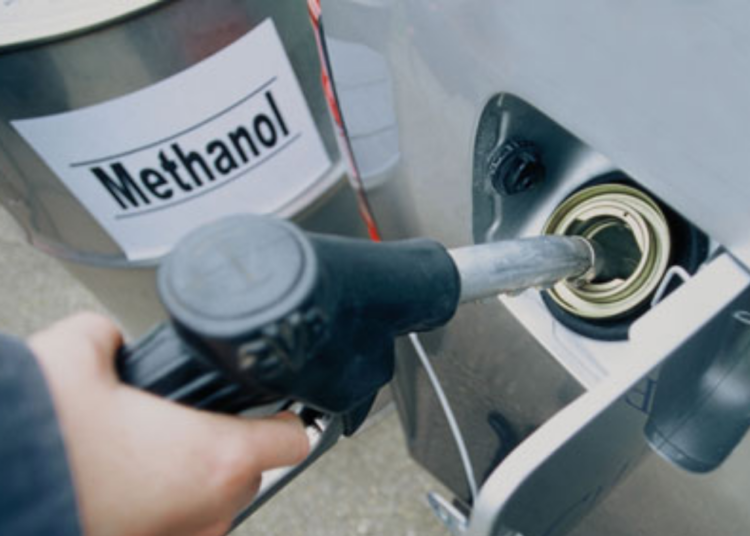Nigeria may appear to be in quandary at the moment over the management of its oil and gas industry. President Bola Ahmed Tinubu, in his inaugural speech announced the removal of the monstrous fuel subsidy that had gulped an estimated N16 trillion in the last decade without much to show for it.
This policy statement has triggered panic in the industry as the price of Premium Motor Spirit (PMS) otherwise known as petrol has skyrocketed to over 300 per cent causing real hardship in the land. The situation in the country is fraught with uncertainty that if the issues are not handled properly with the right palliatives in place, the situation could worsen. There is, however, a modicum of hope that the current suffering will abate if the right mechanism is put in place to ameliorate the impacts of subsidy removal.
While this plan is on, this newspaper believes that it has become incumbent on the Nigerian government and stakeholders to explore alternatives to fossil fuel in a framework of diversification that will reduce the over dependence on fuel especially in the automobile industry.
It is our view that efforts should be intensified to enable the deployment of methanol fuel in the automobile industry as part of measures to seek alternative to petrol and to help tackle climate change by reducing the GreenHouse Gases emission as well as job creation.
Already, a new initiative is being taken by the Federal Ministry of Science Technology and Innovation for capacity building on the implementation of the National Policy on Methanol fuel production in collaboration with stakeholders.
We believe that introduction of the methanol fuel technology project has become imperative in order to utilize Nigeria’s huge deposits of gas reserves, reduce gas flaring and environmental pollution. We share the belief that the effort is intended to increase Nigeria’s capacity to subsequently switch to methanol from a partial means to a complete substitute for Premium Motor Spirit (PMS) in the transport sector and help to support Nigeria’s full-scale implementation of climate change initiatives.
This is because Methanol as a clean-burning fuel is gaining recognition globally as a viable alternative to fossil fuel and Nigeria has an advantage being one of the largest oil-producing nations and having the largest natural gas reserve in Africa. It is important that we explore alternative energy sources and methanol fuel production, in our opinion, is an option into a greener economy.
We recall that Nigeria, with some other countries, signed the Paris Agreement in 2015 and the Agreement came into force in 2020. Nigeria has committed herself to 47 per cent cut in global warming under the Nationally Determined Contributions(NDC) in seven sectors namely oil and gas, energy, agriculture, water, transportation, industry and waste which are strategic to the nation’s continuous economic survival.
Figures from the federal government also suggest that at the moment there is a blend of methanol (15 per cent with PMS (5 per cent) and it is believed that with further research, Nigeria can produce 100 per cent methanol fuel that can power the automobile industry and help to create jobs for 40 million people in the next two years.
This development is impressive but Nigeria must work the talk. We hereby hold the government to account on its pledge to boost investment in this sector that is promising to add more value to the economy. And to achieve this, we advise that there must be a proper framework of data generation and gathering in the relevant sectors (Transport, Chemical and Industry).
This newspaper is on the view that the methanol fuel technology implementation programme, if properly done, can help to stop the flaring of gas in the Niger Delta region and reduce environmental degradation. The programme can also boost small, medium and large-scale companies to expand their chemical industries, produce various types of industrial adhesives, generate and distribute electricity to off-grid locations, run cheaper and efficient transportation system, improve the livelihood of women through improved methanol cook stoves among others.
Most of all, the government and stakeholders must develop appropriate funding mechanisms, business investment, propagation and implementation of the methanol fuel technology in Nigeria. It should also develop and construct pilot methanol production, blending and testing facilities in selected geo-political zones of the country.
This move can firmly establish a thriving methanol fuel industry geared towards improving the quality of automotive fossil-based fuels for transportation and power generation in Nigeria. The sustainability of this project, however, depends on the will of the government to address lapses in the system especially the insidious corruption, which must be systematically checked.
This newspaper has maintained that Nigeria must harness her potential in methanol fuel technology to remain relevant among the comity of nations. The country has groped in the dark for so long depending on fuel, which mismanagement has triggered unprecedented confusion and prolonged misery in the land. We must get it right this time.





